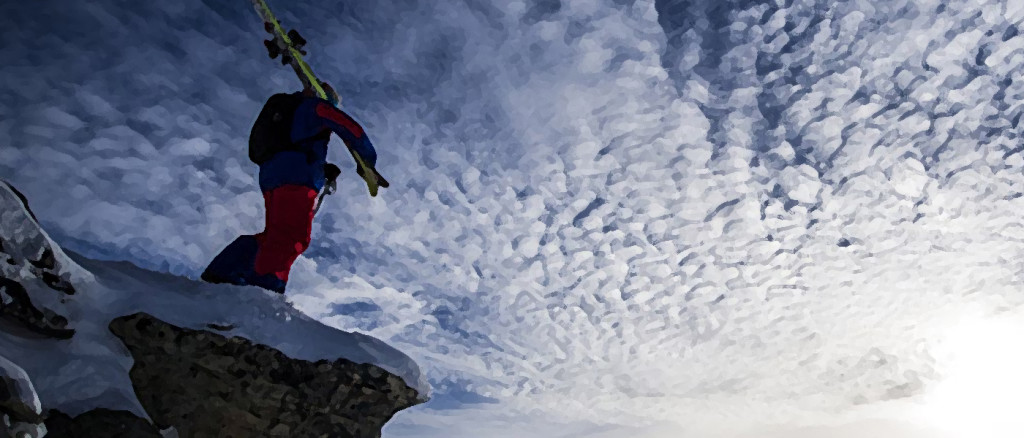In the first renderings of this series, I suggested that the planning of at least one long “road trip” should start very early preseason. In my case, it started in the summer with the good guidance of the Onondaga Ski Club‘s trip committee. Destination: Whistler/Blackcomb, in British Columbia. This place has long been on my list to get to. I signed up, along with two friends and neighbors and accompanied 29 others from New York.
As I write this article at Whistler, I can report that this destination is the mecca for riders of all abilities. It’s by far the largest ski resort in North America, having more than 2 million skier visits a year. (A skier visit is defined as one skier times the number of days skiing; a five-day pass for me would be five skier visits). The two mountains and village area are delightful and full of amenities for all. Like many places this season, it could use more snow.
I experienced an unusual event in the middle of my first day of skiing: I had a minor heart attack at the top of Whistler Mountain. I told my friends to go ahead, as I felt I knew what was going on. After protesting, my roommate gave me some aspirin he had “just in case,” and he pushed off.
So now what? My National Ski Patrol training and my wife’s voice in my head prevailed. I sought assistance from a patroller at the top of the mountain. At the aid room, I was quickly assessed: Oxygen was administered, and the Whistler patrol’s staff doctor (who just happened to be a cardiac doc) administered nitroglycerin. That brought immediate relief from the chest pain and pressure I was experiencing.
The next quick discussion concerned transport. A helicopter flight was mentioned briefly and ruled out as unnecessary. So I was transported on the same type of rescue toboggan that we use on the hill at Labrador. The difference was distance. My ride was at least eight times longer than the longest trail at Lab, Song or Toggenburg!
At the bottom, we were met by the provincial paramedic ambulance squad, who, along with the patroller, discussed my options of further evaluation at the Whistler Medical Center clinic or walking away. Again, with my training and my wife’s voice in my head, transport to the medical center took only a few minutes.
This clinic is like those found at the larger resorts in the United States, but larger yet. Basically, it’s an emergency room, where I was further evaluated. After the prescribed tests for a heart event, it was determined by the doctor on staff, in consultation with the head cardiologist at Vancouver’s premier heart hospital, that I needed to go for another ambulance ride to his facility. There, I underwent an angiogram in their heart catherization lab late Monday afternoon. I received very good news early that evening: I had a minor heart attack, with no major damage. My heart is functioning normally, and no stent was needed.
I was and am blessed with having immediate care at the highest level, great training myself as a patroller and wonderful friends here with me, one of whom took a day off of skiing to rent a car and fetched my butt from Vancouver yesterday afternoon.
The doc in Vancouver recommended I take it easy and rest a few days. No strenuous skiing; the greens are on tap for Friday.
Scott Launt grew up in Cortland. Much of his misspent youth was at Greek Peak. He is a member of the National Ski Patrol at Labrador and a member of the Onondaga Ski Club.
For more Sports & Fitness – CLICK HERE


